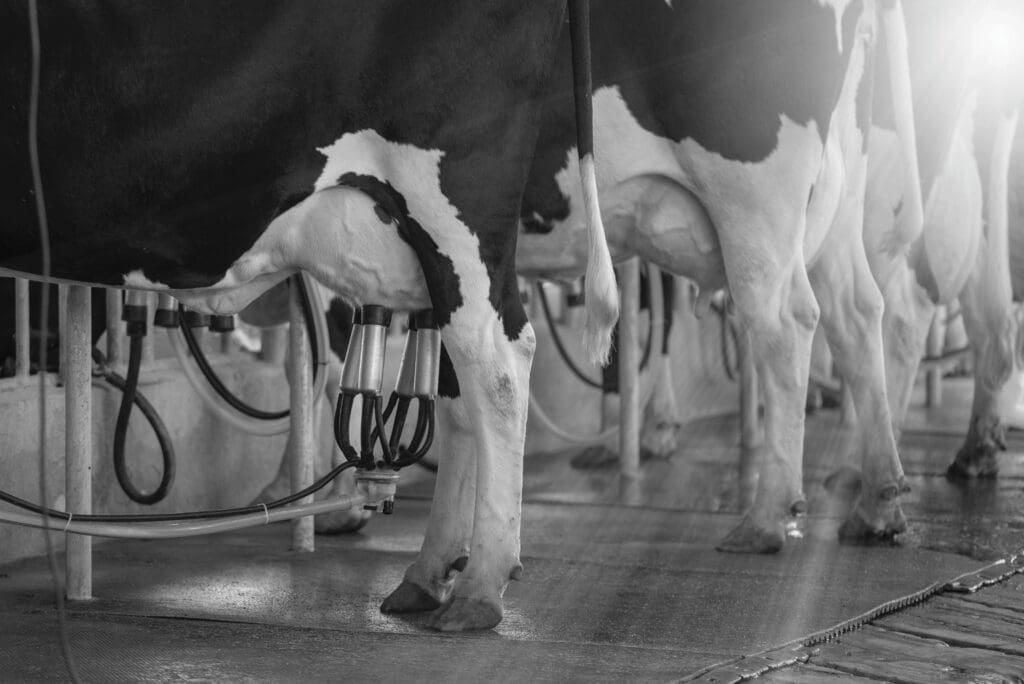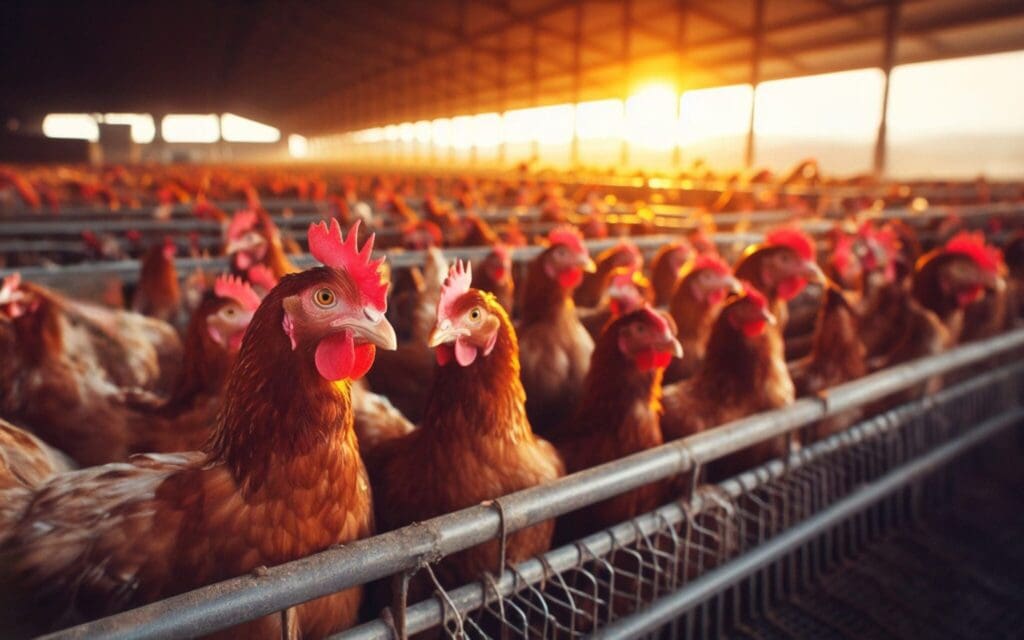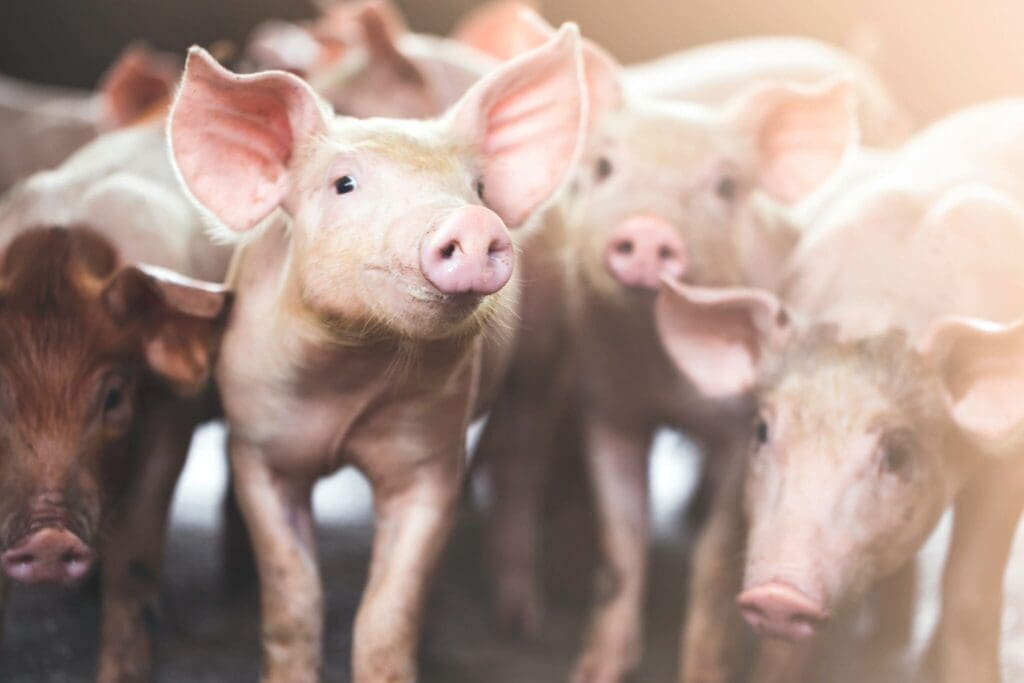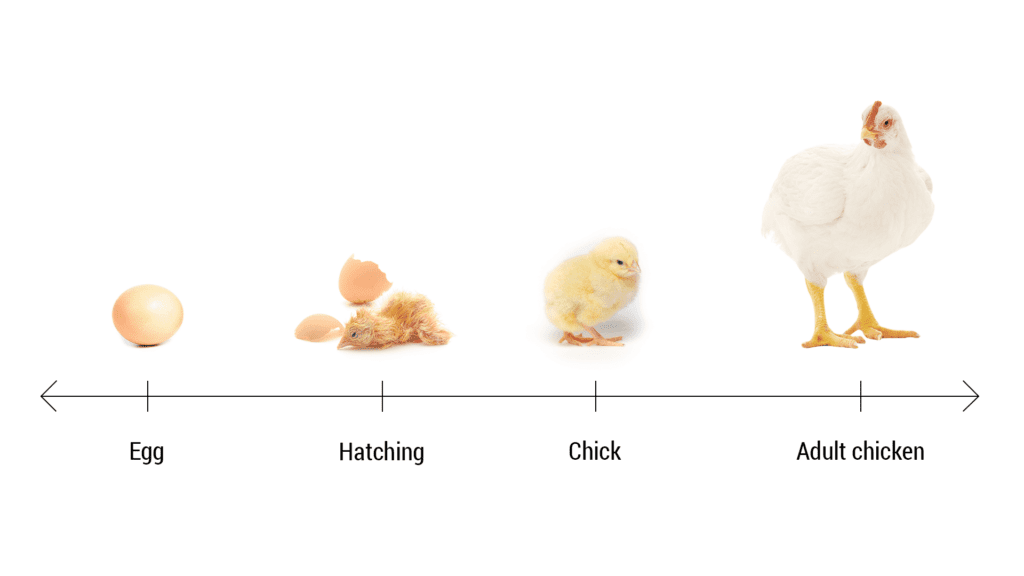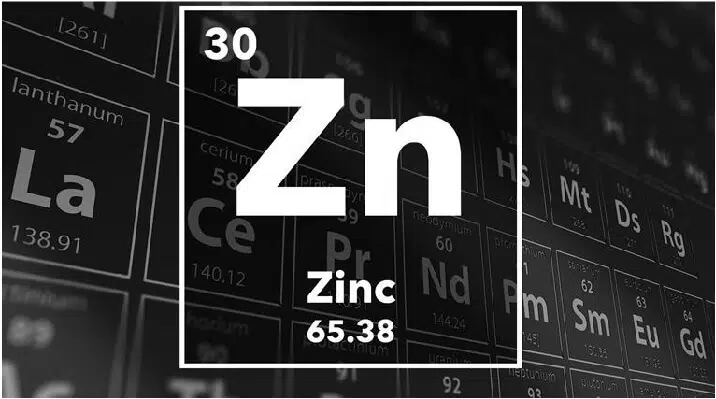Trace minerals are an essential component of poultry nutrition because they are required for growth, bone development, feathering, wound healing, and the structure and function of enzymes. Zinc (Zn), in particular, plays a role in a number of essential biological functions, as well as a role in oxidative stress by being part of one of the superoxide dismutase enzymes that play a role in the first line of defence against oxygen radicals.
The benefits of organic zinc
Supplementation of the organic form of zinc has the following benefits:
- decreased levels of back bruising due to the effect of zinc on red blood cell stability;
- decreased lesion score;
- improved skin quality with increased resistance to tearing;
- fewer carcass scratches and reduced scratch length; and
- a positive effect in the gut due to the enhanced strength of the ileum.
Skin and intestinal strength are very important in the health of the live chicken and in the processing of the carcass. During the grow-out phase, skin lesions, sores, scabs, scratches and underlying infections will lead to skin tearing during carcass processing. Skin tears not only downgrade the carcass quality but also negatively affect the wholesomeness of the product. The strength of the digestive tract also has importance in carcass quality, as a tear in the digestive tract during processing could lead to contamination of the carcass. This makes it important to optimise the nutritional requirements to maintain tissue integrity.
The role of structural proteins
Skin strength is highly correlated with the content of a strong, fibrous protein known as collagen, as it gives the skin resilience and flexibility. The greater the collagen content of the skin, the less prone it will be to tearing. Collagen is also the main structural protein of the extracellular matrix and connective tissue of internal tissue. Keratin should also be considered, as it is responsible for the maintenance of the skin quality and is the major protein in feathers. Both these proteins are considered structural proteins. Zinc plays a role in both collagen and keratin synthesis and is also known to be important in wound healing. A higher collagen content due to zinc supplementation reduces inflammation, which helps reduce skin tearing. When dietary zinc is insufficient, the reduced synthesis of collagen and keratin can result in bone abnormalities, reduced tissue strength, poor feathering and dermatitis.
Organic vs. inorganic
Inorganic trace minerals can be susceptible to nutrient and ingredient antagonism when they are dissociated at low pH in the gut. This impairs absorption of the mineral. At the same time, phytate forms stable complexes with the dissociated minerals that are highly insoluble and stable, leading to the mineral being excreted.
The main advantage of feeding organic trace minerals is that they are bound to an amino acid, which provides greater stability in the upper intestinal tract. This means that the organic form will have a higher bioavailability and for this reason, it is often suggested that lower levels of the organic form are needed compared to commercial inorganic levels. However, supplementation of both an organic form, where the mineral is bound to an amino acid, together with an inorganic form is a good recommendation. This is because two different transport mechanisms will be used for uptake of the mineral in the gut. The bound mineral enters through the amino acid uptake route and the inorganic mineral will use its own uptake route.
Conclusion
Supplementation of trace minerals and, in particular, zinc could lead to a reduced number of downgrades during production and processing by improving skin and intestinal quality.
Read full articleAnneleen Swanepoel is a poultry layer specialist at Chemuniqué. She holds a bachelor's degree in animal science from the University of Pretoria, as well as a master's degree in aquaculture from Auburn University in the United States.
